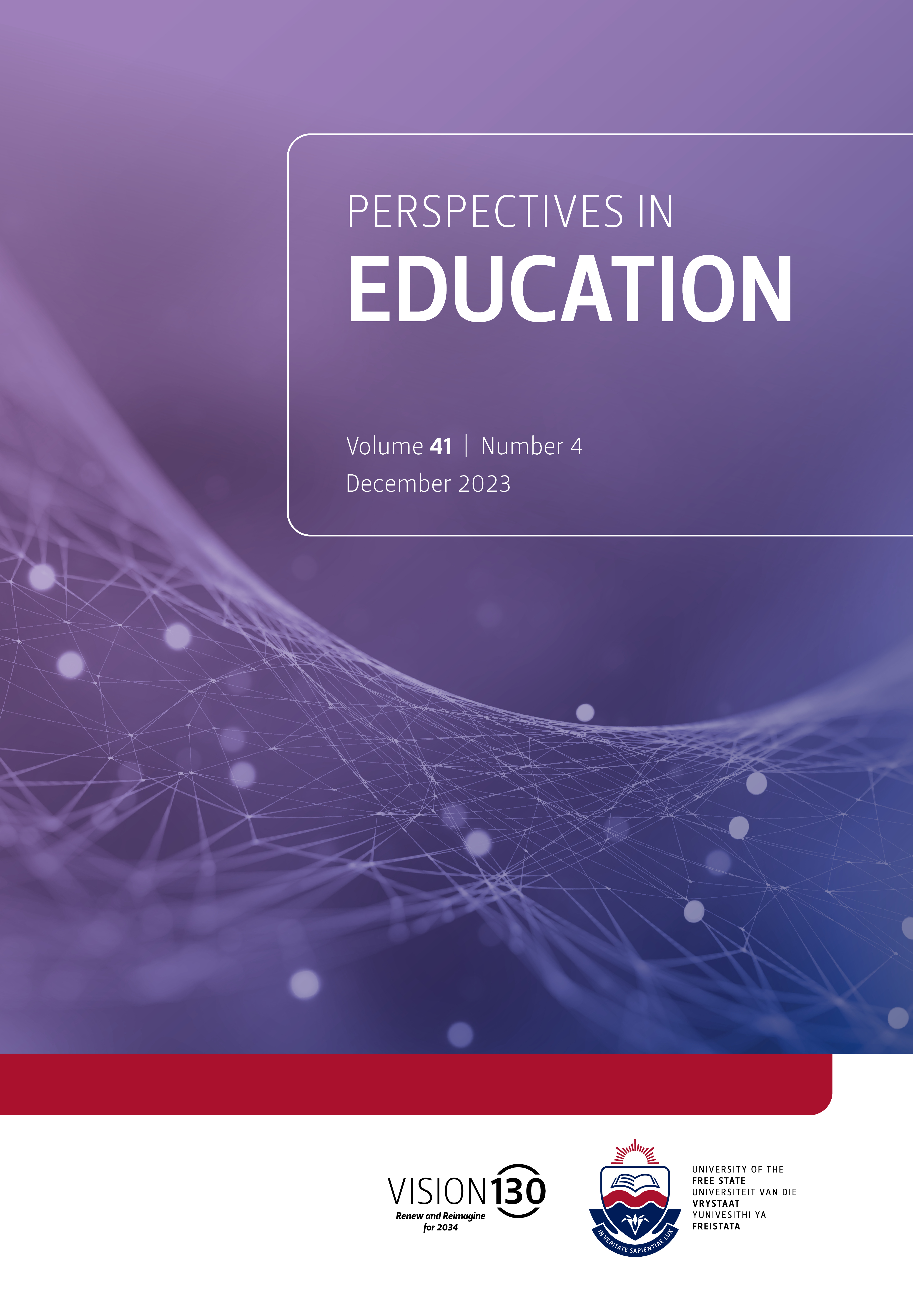Why teach in the foundation phase: Motives of males at a university in Johannesburg, South Africa
DOI:
https://doi.org/10.38140/pie.v41i4.6656Keywords:
Foundation Phase, male teachers, influences, motives, intrinsic motives, altruistic motives, external motivesAbstract
Worldwide, male teachers in the Foundation Phase (FP) are a rarity, given the perception that the teaching of younger children is more suited to females than to males. Little research has been conducted in South Africa on the factors that influence men to become Foundation Phase teachers. This study investigated the motives of male student teachers at a university in Johannesburg who had decided to pursue a career as Foundation Phase teachers. The study adopted a theoretical lens based on the Expectancy-value theory of achievement motivation (Wigfield & Eccles, 2000). The study adopted a qualitative approach and an intensive research design, with data collected from semi-structured
interviews with seven purposively selected participants. Data were analysed by means of the Factors Influencing Teaching (FIT) choice theory. Three participants were driven by intrinsic motives, stating that they had a passion for teaching young children. The other three were driven by extrinsic motives, stating either that they wanted to address gender stereotypes, or that FP teaching had been their default choice after they had been refused admittance to
their preferred course. One participant indicated altruistic motives, borne of personal experience with a family member, empathy and the desire to be a positive male role model.
Downloads
##submission.downloads##
Published
How to Cite
Issue
Section
License
Copyright (c) 2023 Michaela Moodley, Moeniera Moosa

This work is licensed under a Creative Commons Attribution 4.0 International License.









